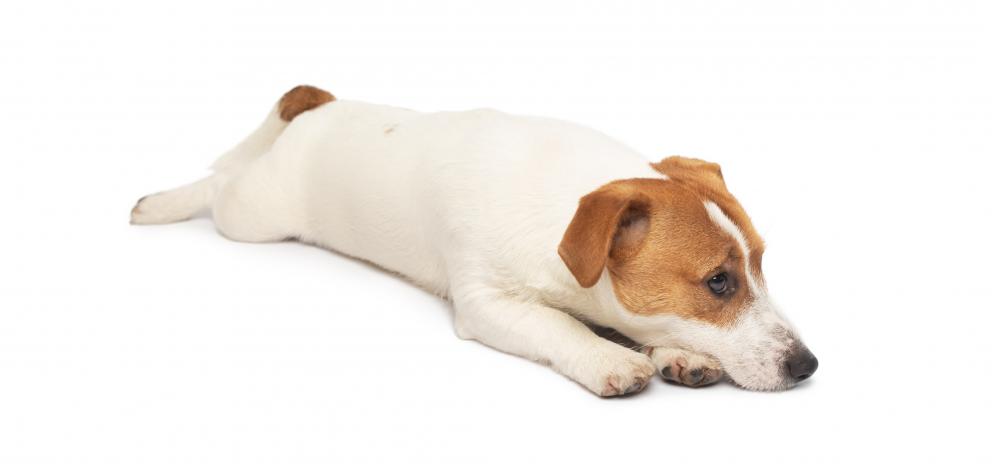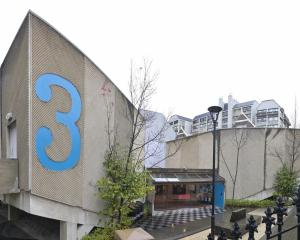
Last weekend I went for a hike around Methven, looking for the elusive Mt Johnson in the rain.
It was pretty hard to see anything at all with the weather socked in around the tops, but I am like one of those little dogs that need to be walked a lot or they’ll bite a child. I can’t stand being cooped up - a bored Lisa is a portal to an evil kingdom.

Why do humans do anything? What’s behind our drive to create art or make scientific leaps forward? Why do we feel the need to explore to the furthest reaches of our world, to test the limits of our potential? I have a theory: it’s because we’re bored.
Sir Edmund Hillary knocking off Everest? Cooped up in 1950s’ New Zealand, he just really needed to get out of the house. Like waaay out.
There’s evidence people have been bored since before the invention of pants. Right back at the dawn of human self-expression, the first cave paintings made 40,000 years old, found in the caves in the district of Maros in Indonesia and mostly hand stencils, were the result of the fact rubbing sticks together had gotten old and someone had discovered magic mushrooms.
There is probably a way to graph the amount of boredom in relation to the level of artistic achievement.
Renaissance Italian sculpture? Extreme boredom and plague ennui.
Da Vinci’s Mona Lisa? Bored to tears and nobody was digging his helicopter designs.
Picasso’s blue period? Bored and obsessive colour blocking.
Jackson Pollock? Bored and drunk.
Boredom stimulates creativity and problem solving while giving the brain a chance to recharge, but we are basically terrified of it these days, find it distasteful, what with the constant stimulation we crave, the never-ending blink blink ching of passive consumption rolling before our eyeballs.
There’s so much pressure to do all the things, to constantly sooth away encroaching feelings of boredom by scrolling Instagram. I think boredom is unfairly maligned. Covid was a boom time for boredom and wasn’t it wonderful? How I miss those days of aimless walks or just sitting in the backyard, being a rose connoisseur.
My childhood was intensely boring. I spent long periods being bored out of my skull between the ages of 9 and 16 (when I could finally sneak into gigs at the Empire).
The most interesting thing that happened in that entire time was getting a rainbow poncho. Days mostly filled with reading and writing and dreaming, "only boring people get bored," said our parents.
The entire Dunedin Sound phenomenon was born of boredom. The Chills sang of the languor of existence in Doledrums, and punk teenage angsters Bored Games were so nihilistically fed-up they disbanded before their first album could even be released. Art deco was probably the same, just with more dogs with long noses and less feedback.
Boredom lets us reflect and consolidate, take stock. I find it is in moments of boredom that I have the best brainwaves. Guarding yourself from feeling bored is as bad as preventing yourself feeling sad or frustrated or angry. Uncomfortable feelings steer us forward and boredom can be a call to action.
To quote from Peter Toohey’s Boredom: A Lively History, in the Middle Ages monks complained of the noonday demon: the personification of acedia - torpor, alongside agitation - provoked by the constraints and repetition of their daily lives, and don’t forget this is during a time when everyone had lice and rotten feet so still managing to be bored is a bit cool.
And though one could already be a bore by Victorian times, it was Dickens who was the first to term it "boredom" in Bleak House in 1852. Lady Dedlock complains of being "bored to death" of herself, more than a century before Bruce Springsteen expressed the same restless dissatisfaction in Dancing in the Dark, characterising boredom as frustrated hunger: "I’m just about starving tonight."
This weekend, with the weather getting chilly, I’m planning to fully embrace boredom and spend a couple of days in a state of tedium at Pūrākaunui, alternately reading and staring at the view; punctuated by the odd walk, to keep me from biting anyone.













